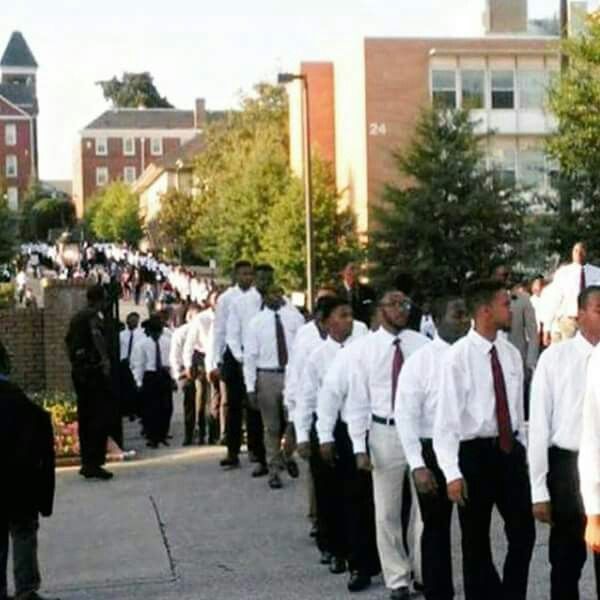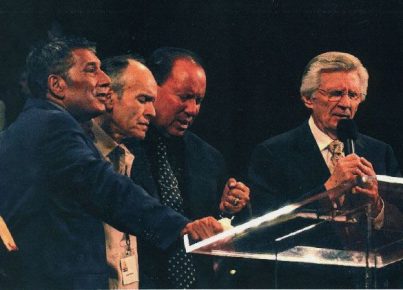Historically Black Colleges and Universities (HBCUs) have long been pillars of education and opportunity for Black Americans. However, a recent and alarming trend has emerged: a sharp decline in Black male student enrollment at these institutions. This decline is a worrying sign, with potential ramifications for both individual students and the future of HBCUs themselves.
Several factors contribute to this troubling situation. Economic hardship and limited access to resources are significant challenges for many Black families, impacting their ability to afford college. The allure of larger, more prestigious universities can also draw Black students away from HBCUs, despite the rich history and cultural significance these institutions offer. Additionally, the persistent narrative that HBCUs are somehow less rigorous or academically inferior compared to predominantly white institutions further discourages some students.
The consequences of this decline are multifaceted. The loss of Black male students limits the diversity of thought and experience on HBCU campuses, potentially hindering the very mission these institutions were founded to uphold. Furthermore, this trend can exacerbate existing inequalities in higher education access and outcomes for Black men.
Addressing this crisis requires a multifaceted approach. Increased financial aid and scholarship opportunities are crucial to make HBCUs more accessible to underprivileged students. Promoting the academic excellence and diverse educational experiences offered by HBCUs is essential to counter harmful stereotypes. Moreover, fostering strong partnerships between HBCUs, community organizations, and local businesses can create opportunities for mentorship and career development for Black men, encouraging them to pursue higher education.
The decline in Black male enrollment at HBCUs is a complex issue demanding immediate attention. By recognizing the challenges and implementing strategic solutions, we can ensure these vital institutions continue to thrive and empower future generations of Black leaders.





